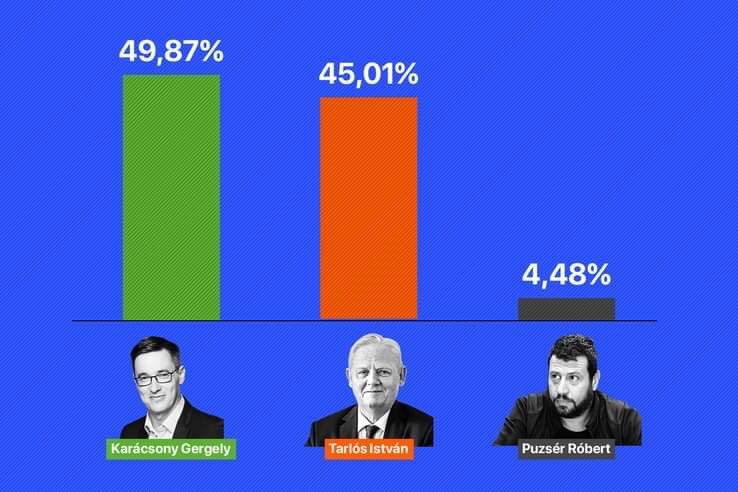This unprecedented winning streak was partly due to the opposition’s fragmentation.
Today, for the 1st time, we see a joint opposition (‘Összefogás’) facing Fidesz.
Town budgets are important resources to “support” local party infrastructures, campaigns, media etc.
Local media serves as main source of information especially for elderly & less tech-savvy votes - they are Fidesz’s core electorate.
Already in 2014, OSCE described Hungary’s national election free but not fair.
Budapest: joint opposition candidate Gergely Karacsony & Fidesz-backed incumbent Istvan Tarlos are neck-to-neck in recent polls.
The opposition is also expected to take back lots of districts but will likely fall short of majority in the Budapest Council.
The opposition is expected to be more competitive this time due to their ability to agree on a single candidate almost everywhere. Still, this won’t be enough.
Fidesz’s campaign was on defense for almost two weeks
bloomberg.com/news/articles/…
Fidesz’s defeat in Budapest would be huge, however, there is no other nationwide election scheduled after this one until 2022.
Fidesz are like Republicans in the U.S.: they have fewer supporters than their rivals in total, but they are much more effective in bringing them to the polls.
It’s still hard to make predictions. Higher turnout could be a result of both Fidesz’s mobilization machine or anti-Fidesz protest votes.
Stakes are much higher in Warsaw, but - sorry! - the race seems to be a little closer in Budapest.
We’ll see in some hours.
Istvan Tarlos, Fidesz-backed mayor of Budapest has been in power since 2010.
@indexhu is live blogging the municipal elections in English:
index.hu/english/2019/1…

Mayor of Budapest: Gergely Karacsony, Green-Socialist (2014: Istvan Tarlos, Fidesz)
Budapest districts (23): 9 Fidesz, 14 opposition (2014: 18 & 5)
Cities with county rights (23): 13 Fidesz, 10 opposition (2014: 20 &3)






